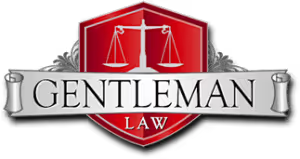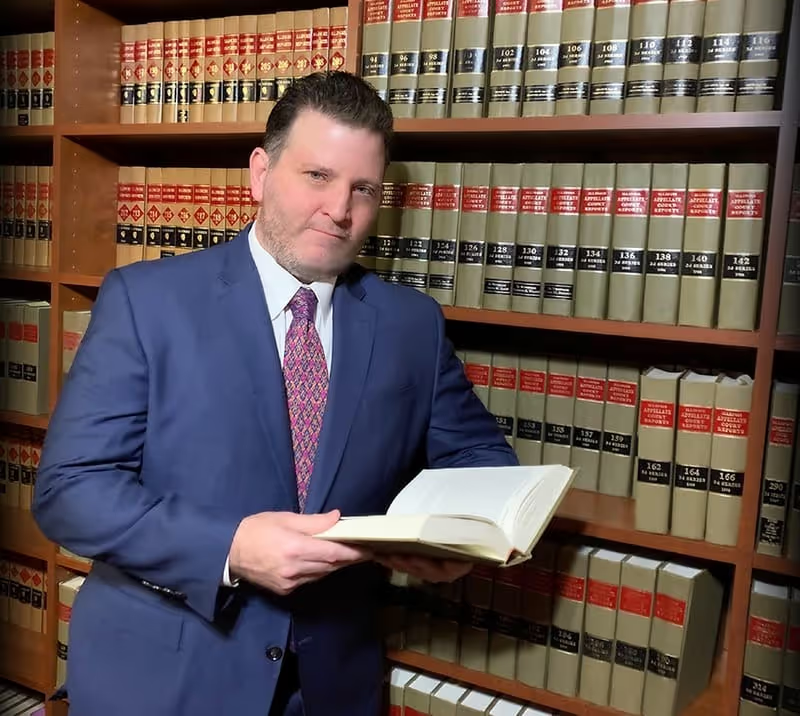Have you been selected for jury duty or have you ever been selected to sit as a juror in a civil trial which involves a claim for damages as opposed to a criminal trial which involves the life or liberty of a defendant?
Do you want to know some secrets that are kept from jurors by insurance companies and/or large institutions and/or the legal system? Do you want to know why attorneys are not permitted to talk about insurance at trial or why attorneys cannot talk about how much money a defendant has at trial? Do you want some advice about your role as a juror? I will answer these questions and more in this article.
There are some important things that all potential jurors should be aware of before they sit as a juror in a civil trial. I want to share some thoughts and opinions about jurors to all persons who have little or no experience with the legal system. Again, I want to emphasize that these are my personal opinions based upon almost 30 years of experience and that others may have different opinions. I also want to divulge some secrets of the judicial system that are kept from the jurors that in my opinion provide an unfair advantage to defendants, insurance companies, banks, the government, large corporations, and other institutional defendants.
These are my opinions based upon litigating cases for almost 30 years and conducting numerous jury trials.
Important Duty
First and foremost, all potential jurors should realize that the job they perform is extremely important to maintaining our society and is an important duty every citizen should take very seriously. A juror should take their responsibility seriously because the role of a juror is vital to a well-functioning democracy. Jurors can hold the powerful responsible for their wrongful actions. If the powerful are permitted to do anything without consequences, they will certainly abuse the power they currently have and will expand their power to the point that it will adversely affect every person's life, including the life and property of all jurors and their families.
Act Prudently and Fairly
Listen to the evidence presented and make your decisions based upon the evidence presented and not any prejudices you may have. Importantly, you have the right and duty to aggressively persuade any juror who is holding out and will not make a decision based upon the evidence presented and the law. For a plaintiff to win a case, all jurors must agree to render a decision in favor of the plaintiff. If all the jurors except one agree that the plaintiff should win, it is the duty of the rest of the jury to convince the juror holding out to agree. You do have the right to aggressively argue with the holdout juror to convince the juror to apply the facts to the law and to ascertain whether the juror is basing his or her decision on something not involved in the case such as a prejudice or some other type of rationale that is not based upon the law and facts presented. If a juror is not following the law and the facts, it is the duty of the rest of the jury to immediately report these improper actions to the judge. If the judge becomes aware of a juror acting improperly or in a prejudiced manner, the judge can remove that juror to ensure that justice is done. Do not let one juror spoil the entire jury.
Insurance, Insurance, Insurance
All jurors should realize that the defendant in the case will not personally pay any monies; instead an insurance company and/or other large wealthy organization will be paying any monies awarded. A well-kept secret is that the attorneys involved at a trial are prohibited by the rules that were created by insurance companies, banks, large corporations, and institutions from mentioning that a defendant has insurance or has the ability to pay large sums of monies. The alleged rationale behind hiding from jurors that insurance will cover any losses and pay for the defendant's attorneys is that it will somehow prejudice the jury. The insurance companies have spent millions of dollars to wrongly and unfairly convince lawmakers that juries might assume that the defendant's ability to pay monies is unlimited, which could lead to higher awards for plaintiffs, which courts have historically sought to avoid.
This rationale in my opinion is baseless. Jurors only see a local resident, small business owner, senior, or other sympathetic person who is the named defendant, so many times a juror will be hesitant to decide to award a large payout even when totally justified because they see it as too much of a burden on the defendant to pay individually, not factoring in that the defendant will not have to pay a dime. In Illinois, like all states, they have even gone so far as to create rules to protect insurance companies. In Illinois, Jury Instruction 3.03 states "whether a party is insured has no bearing whatever on any issue that you must decide. You must refrain from any inference, speculation or discussion about insurance." In addition to the jury instruction, there will be an order entered prior to trial that a jury does not get to see that prohibits any mention of insurance or the word insurance or anything that may allude to insurance.
Many insurance defense attorneys exploit the fact that insurance cannot be mentioned at trial by trying to get jurors to empathize with a defendant by considering forgiveness and by wrongfully misleading a jury that the plaintiff is greedy and after the defendant's hard-earned monies. All jurors should be aware that insurance companies and other large institutions have paid millions and millions to alter the rules in an effort to provide unfair advantages to them by creating as many obstacles as possible for a plaintiff to overcome. All a juror needs to do is look at the tallest buildings in Chicago and realize that they were built and/or owned by insurance companies.
Your Insurance Premiums Will Not Go Up
It is also important for all jurors to realize that your insurance premiums will not go up if you rule in favor of the plaintiff. Laypersons I have spoken to that served on juries have told me that they were worried that the amount they pay for car insurance, malpractice insurance, or any other type of insurance will go up when a plaintiff wins a case. This is not true and there is absolutely no relation between the case you hear as a juror and any expenses you may have to pay in your life.
Not a Level Playing Field
Realize that if a plaintiff has made it to trial, they have overcome many, many obstacles that have nothing to do with the merits of their case. Very few cases that are filed make it all the way to a jury trial because the case is dismissed prior to a jury trial based on some legal technicality that was created by insurance companies, banks, institutions, or large companies. These institutions pay lobbyists and they create all sorts of hurdles to prevent a plaintiff from being able to pursue a case. These include unreasonably short time limits or statutes of limitations, immunities, rules about how papers and claims are filed or stated, and other artificial rules that have nothing to do with the merits of a claim. These obstacles are created solely to protect insurance companies, etc. There are really no legitimate reasons for all the obstacles other than to protect insurance companies, banks, the government, large corporations, and other institutional defendants. Remember, real people and small businesses do not write the laws or rules governing lawsuits.
All jurors should be sympathetic toward a plaintiff because to get to a jury trial they have spent thousands of dollars in costs and spent years winning numerous motions to dismiss their case. All jurors should be aware that attorneys representing defendants get paid by the hour by insurance companies, banks, the government, large corporations, and other institutional defendants, so they have an incentive to file motion after motion after motion because they get paid even when they lose the motions. In other words, attorneys who represent defendants have valuable financial incentives to file countless motions, and trust me, they file countless motions in every case, and the jurors will not be allowed to know about all the motions that the plaintiff overcame to get to a jury trial. You can easily tell how long a case has been filed and a plaintiff has been fighting by simply looking at the case number. The case gets assigned a number the year it starts, so it is simple.
Defendants Have Unlimited Resources
All jurors should be aware that defendants have unlimited resources, which means they have numerous attorneys working on the case behind the scenes that you do not see and they have access to all sorts of non-lawyer experts helping them behind the scenes. Attorneys are not allowed to tell you these facts, but be aware that it is not a level playing field. A plaintiff has limited resources to do what is necessary to present their case, so do not hold it against the plaintiff.
Acting Reasonably
If a case goes to trial, it almost always means that the defendant insurance companies, banks, the government, large corporations, and other institutional defendants are acting unreasonably and will not resolve the case upon fair and reasonable terms. The plaintiff's attorneys have with 100 percent certainty tried to settle the case before trial for a reasonable and fair amount of money, and the only real reason the case is going to trial is because the defendant insurance companies, banks, the government, large corporations, and other institutional defendants are not acting reasonably.








